Good morning, It’s Wednesday, March 26th. In today’s news, Poilievre and Carney trade blows over foreign interference, Conservatives co-opt social programs and Liberals push military as NDP faces existential crisis, Old, rich, and out of touch: who really supports the Liberal Party, Where the Ukraine–Russia cease-fire stands after US-led talks, and much more.
First time reading the daily blend? Sign up here.
Poilievre and Carney Trade Blows Over Foreign Interference Ahead of Canadian Election
The Globe and Mail reported that agents of India allegedly meddled in Pierre Poilievre’s 2022 Conservative leadership race by organizing within South Asian communities. CSIS, however, made clear there was no evidence Poilievre or his team were aware of this support. Despite that, political operatives and media allies rushed to cast a cloud of suspicion over him—just as Mark Carney prepares to replace Justin Trudeau as Liberal leader.
Poilievre didn’t just deny any knowledge of interference—he turned the spotlight onto Carney. At a press conference, he demanded answers about Carney’s undisclosed financial dealings with China, including a $276 million loan from the Bank of China to Brookfield while Carney served as Trudeau’s economic adviser. He accused Carney of being financially compromised, questioning how someone so entangled with Beijing’s banks and state actors could be trusted to stand up for Canadian interests.
Even Tom Mulcair—former NDP leader and seasoned parliamentarian—stepped in to support Poilievre’s position. Mulcair defended his refusal to accept a national security clearance, arguing that doing so would limit his ability to hold the government accountable. The real scandal lies with the Liberals. Marco Mendicino, now Carney’s chief of staff, received direct CSIS warnings about Chinese interference in Vancouver’s 2022 municipal election and did nothing. Documents show CSIS repeatedly raised alarms, only to be ignored.
Brookfield, the firm Carney led until January, maintains billions in Chinese investments. It holds real estate with CCP-linked tycoons, secured bail-out loans from Chinese state banks, and partnered on green energy projects tied to Chinese state-owned enterprises. Brookfield’s offshore structure allowed it to avoid billions in taxes—hardly the behavior of a firm championing transparency or Canadian sovereignty.
Surrounding Carney is a globalist network—Trudeau’s former strategists, McKinsey consultants like Dominic Barton, WEF insiders, and AIIB officials tied to Beijing. They push aggressive climate and immigration policies while enriching private capital and foreign interests. If Canadians want to talk about foreign interference, they should look at the plutocrats now occupying Canada’s highest office.
India is absolutely meddling in Canadian affairs, and the issue of foreign interference demands immediate and decisive countermeasures. But it’s curious how Canada’s corporate media and political class remain almost entirely silent on the worst perpetrator of foreign interference: China. And that silence becomes even more troubling when you realize that The Globe and Mail, which broke the Poilievre story, is now in a media partnership with the Century Initiative—a project aiming to boost Canada’s population to 100 million by 2100. One of the key figures behind that initiative is Mark Wiseman, who is now closely aligned with the Carney Liberals. In other words, the same media outlet pointing fingers at Poilievre is partnered with a mass immigration initiative run by the very elites whose financial and political ties to Beijing go largely unexamined.
Conservatives Co-opt Social Programs, Liberals Push Military, as NDP Faces Existential Crisis
With an election looming, Canada’s political landscape is shifting fast, and the Conservatives, led by Pierre Poilievre, are seizing the moment with a strategy that blends economic relief with a pragmatic nod to social programs—leaving the Liberals scrambling for attention and the NDP fighting for survival.
Conservative Policy:
The Conservative Party is positioning itself as a mix of populist and pragmatic promises. They’ve pledged to scrap the GST on new homes under $1.3 million, a move aimed squarely at easing the housing crunch for middle-class Canadians and first-time buyers. At the same time, Poilievre has vowed to "protect" pharmacare and dental care—programs typically tied to progressive agendas—showing a willingness to adopt and reframe policies that resonate with everyday voters. This dual approach blends tax relief with a nod to social safety nets, giving the Conservatives a broad, assertive platform that’s stealing thunder from their rivals. More
Liberal Policy:
The Liberals, meanwhile, are leaning into big-ticket symbolism to counter the Conservative surge. Mark Carney has promised new submarines, a flashy commitment that pivots toward national defence and global stature. It’s a classic Liberal play—high-profile, future-focused spending meant to contrast with the Conservatives’ domestic bread-and-butter focus. While pharmacare and dental care remain part of their legacy, the submarine pledge suggests they’re banking on bold, tangible projects to keep voters’ attention amid a shifting political tide. More
NDP Situation:
The NDP, once a vocal force on issues like pharmacare, is now teetering on the edge of irrelevance. Former leader Tom Mulcair’s blunt call for Canadians to abandon the party underscores its dire straits. With the Conservatives co-opting NDP-friendly policies and the Liberals flexing on defence, the NDP’s niche is shrinking fast. Mulcair’s critique reads like an epitaph—internal disillusionment paired with external pressures has left the party on life support, struggling to carve out a distinct identity as its rivals dominate the conversation. More
Old, Rich, and Out of Touch: Who Really Supports the Liberal Party?
The only thing keeping the Liberal Party alive is a bloc of rich Canadians over the age of 65—people who care the least about housing, the cost of living, or growing the economy, and care the most about Donald Trump. They’ve made their money, secured their assets, and now vote to preserve a system that benefits them while crushing everyone else.
According to EKOS polling, the Liberal Party is least popular among the poor—garnering just 27% support—while Conservative support leads among poor (32%), working-class (39%), and middle-class (41%) Canadians. The only demographic where Liberals dominate? The upper class—where they receive a staggering 50% of support. A similar pattern emerges by age. The Liberals lead only among voters 65 and older, with 48% support, compared to just 26% among those under 35.
The paradox is glaring. The party that claims to represent the vulnerable is overwhelmingly rejected by them. And the people most enthusiastic about supporting the Liberal regime are those who’ve gained the most from the very policies that made life worse for everyone else.
Abacus data backs this up. Among 18–29-year-olds, the top issues are housing affordability (50%) and cost of living (47%). Among the elderly, those 60+, the top issue isn’t housing, inflation, or even the economy—it’s “dealing with Donald Trump” (38%).
Older, wealthier Canadians have benefited from asset inflation caused by money printing, unchecked immigration, and decades of government mismanagement. Their homes have doubled or tripled in value while younger Canadians are drowning in rent, debt, and despair. And now, this same class supports more government spending, more deficits, and more economic sabotage—because they won’t have to live with the consequences.
Where the Ukraine–Russia Cease-Fire Stands After US-Led Talks
The US, Russia, and Ukraine have engaged in tense negotiations in Saudi Arabia, aiming for a limited cease-fire, but disagreements over key terms persist. An initial deal to protect civilian energy infrastructure collapsed almost immediately, with both sides accusing each other of violations. A new maritime security agreement, modeled after the Black Sea Grain Initiative, has been agreed to in principle, allowing for limited shipping exports, but no formal deal has been signed.
While both Kyiv and Moscow publicly support cease-fire talks, major sticking points remain. Russia insists on Ukraine renouncing NATO aspirations and ceding four eastern territories, while Ukraine demands international peacekeepers to prevent future invasions—terms neither side is willing to accept. Meanwhile, fighting in Kursk continues, with Ukraine using the occupied region as a bargaining chip while Russia seeks to expel Ukrainian forces before agreeing to any broader negotiations.
The Trump administration, eager to secure a diplomatic win, is pushing Ukraine to trade access to rare earth metals and control over nuclear plants in exchange for continued US aid. As both sides maneuver for leverage, a lasting peace remains out of reach. More
Study: BC Drug Decriminalization and Safer Supply Linked to More Overdoses
A new study on British Columbia's safer supply and drug decriminalization policies found both were linked to increased opioid overdose hospitalizations. Researchers found that safer supply alone led to a 33% rise in hospitalizations, and when combined with decriminalization, the increase reached 58%. The study suggests that reduced stigma may have encouraged more people to seek medical help but also raised concerns about diverted opioids fueling overdoses. The policies did not appear to alleviate the opioid crisis that has claimed over 16,000 lives since 2016. More
Trump Signs Sweeping Action Overhauling US Elections, Including Requiring Proof of Citizenship - More
Press Freedom Groups Condemn Targeted Killing of Two Journalists in Israeli Strikes - Israel Defense Forces has confirmed it killed Hossam Shabat and Mohammed Mansour, claiming they were terrorists. More
South Korea Fires: 18 Dead as Acting President Speaks of ‘Unprecedented Damage’ - A 1,300-year-old Buddhist temple is among buildings destroyed after dry and windy weather saw mostly contained blazes spread again. More
Arrests of China’s Top Military Brass Indicate Political Crisis, Experts Say - More
Government Report: Ottawa’s Emissions Plan Would Cause ‘Deep Recession’ in Alberta
A new report from the Conference Board of Canada warns that Ottawa’s emissions reduction plan could drive Alberta into a deep recession by 2030 and hurt Canada’s economy long-term. The plan, which aims to cut emissions by 40-45% by 2030 and reach net-zero by 2050, includes carbon pricing, an oil and gas emissions cap, and clean energy regulations.
The report, commissioned by Alberta’s government, predicts that under the most realistic scenario, the plan would lead to a 3.8% drop in GDP, 2.6% job losses, and a 2.5% rise in consumer prices by 2050. Alberta would be hit hardest, with an 11% GDP drop, 4.1% job losses, and a $3,300 decline in disposable income per person. Premier Danielle Smith called the findings proof that Ottawa’s policies threaten Alberta’s economy and urged a rethink.
The federal government argues these measures are necessary for climate action, while Alberta sees them as economic overreach. The report suggests Canada’s targets are ambitious but warns of severe economic costs if current policies proceed. More
Canada Dreezes Tesla’s $43-million Rebate Payments and Bars it From Future Rebates Because of Trumps Tariffs - Tesla has been the biggest recipient of Canadian EV rebates, claiming $713 million since 2019. More
Nearly 1.3 Million Ford F-150 Trucks Being Investigated in US Over Unexpected Gear Shifting - More
More Loblaw Employees to Wear Body Cams Following Pilot Project - The company said it will be increasing the use of body cameras to help reduce violent incidents. More
Oxygen On Mars: Breakthrough Technology Turns Carbon Emissions Into Oxygen
Researchers at Nanjing University have developed an electrochemical method to efficiently split CO₂ into oxygen and carbon, potentially revolutionizing climate change mitigation and space exploration. Unlike natural photosynthesis, which converts CO₂ indirectly, this process directly extracts oxygen using lithium as a mediator. The system achieves up to 98.6% oxygen yield and functions in extreme environments, including Mars-like conditions. This breakthrough offers practical applications for industry, air purification, and life support systems, providing a scalable solution for reducing emissions and generating oxygen in both terrestrial and extraterrestrial settings. More
Paleontologists Discover New Dinosaur With 12-Inch Claws - They walked on two legs, had round bodies, long necks with small heads, and long arms with large hands, typically featuring three fingers with sizable claws. They call them the sloths of the Cretaceous period. More
Blue Jays Add Eight New Players to Roster for 2025 Season
The Toronto Blue Jays open their 2025 season on March 27 at Rogers Centre against the Baltimore Orioles. The roster features eight new players, including three-time Cy Young winner Max Scherzer in the rotation, Gold Glove second baseman Andrés Giménez, and slugger Anthony Santander. The bullpen also sees fresh additions with Jacob Barnes, Richard Lovelady, Nick Sandlin, and Jeff Hoffman. However, the team lost closer Jordan Romano to free agency. Key injuries to Alek Manoah and Daulton Varsho will also impact the early season. With a mix of veteran talent and new faces, the Jays aim for a deeper playoff run. More
2025 NFL Free Agency Update:
Russell Wilson reportedly joining Giants on 1-year, $21 million deal - More
Stefon Diggs agrees to 3-year, $69 million contract with Patriots - More
TGL: Atlanta Drive Wins Inaugural SoFi Cup After Magnificent Putt From Billy Horschel - More
‘Spider-Man’ and ‘Harry Potter’ Producers Hired for New 007 Film - More
Company Creates World’s First Self-Cooling Beverage Can
Man Requires Medical Attention After Getting Girlfriend’s Whole Hand Stuck in His Mouth
A Woman’s Goat Opens Gate, and Her Kangaroo Escapes into South Carolina Streets






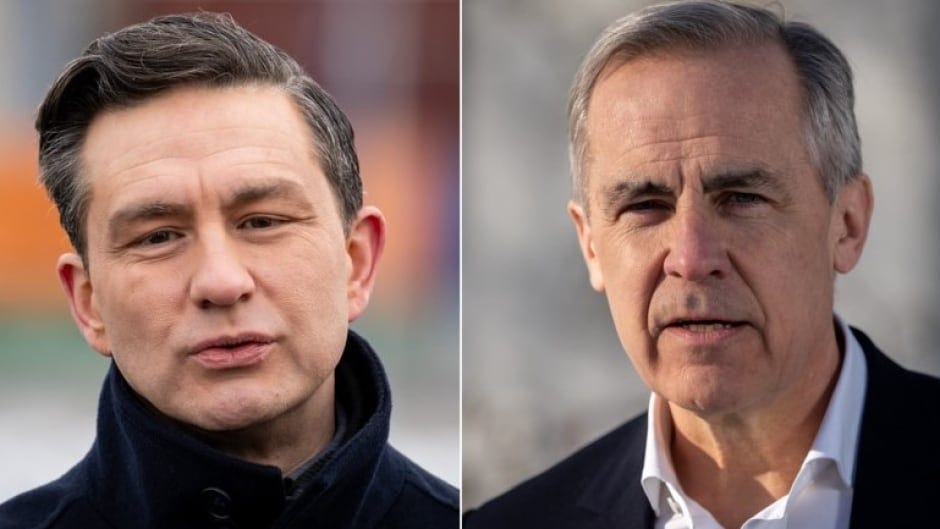
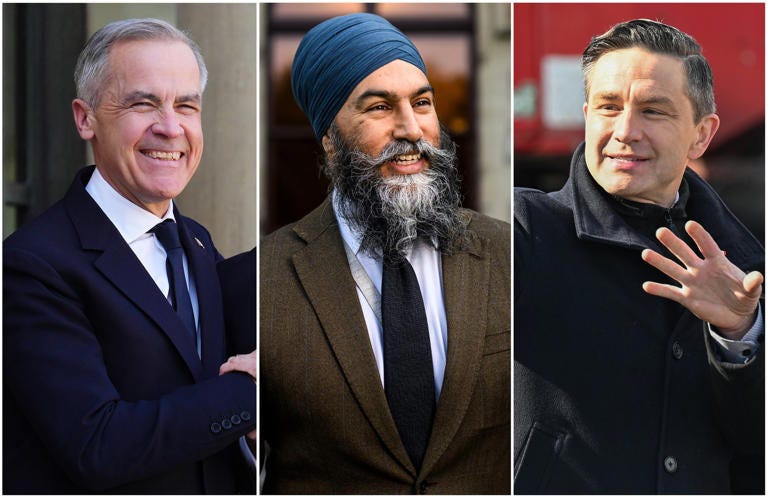
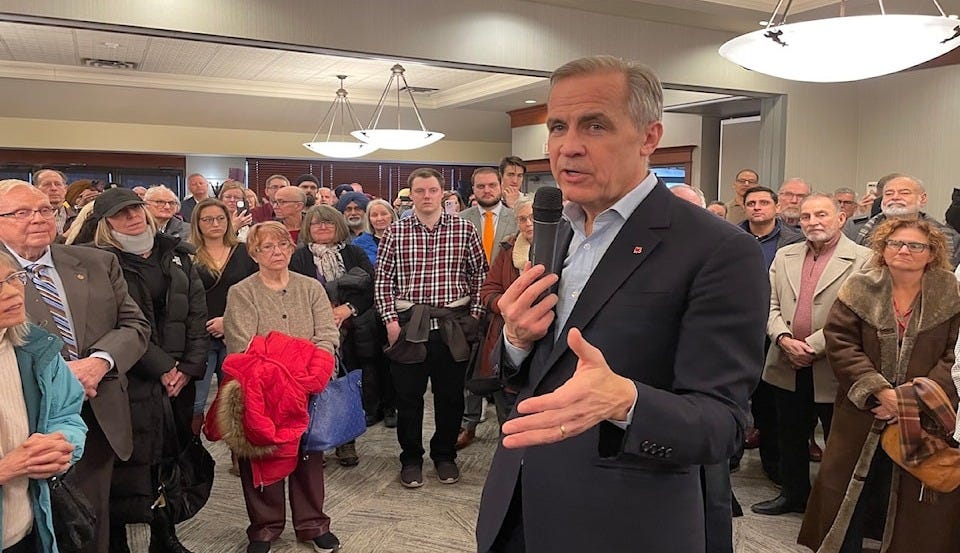


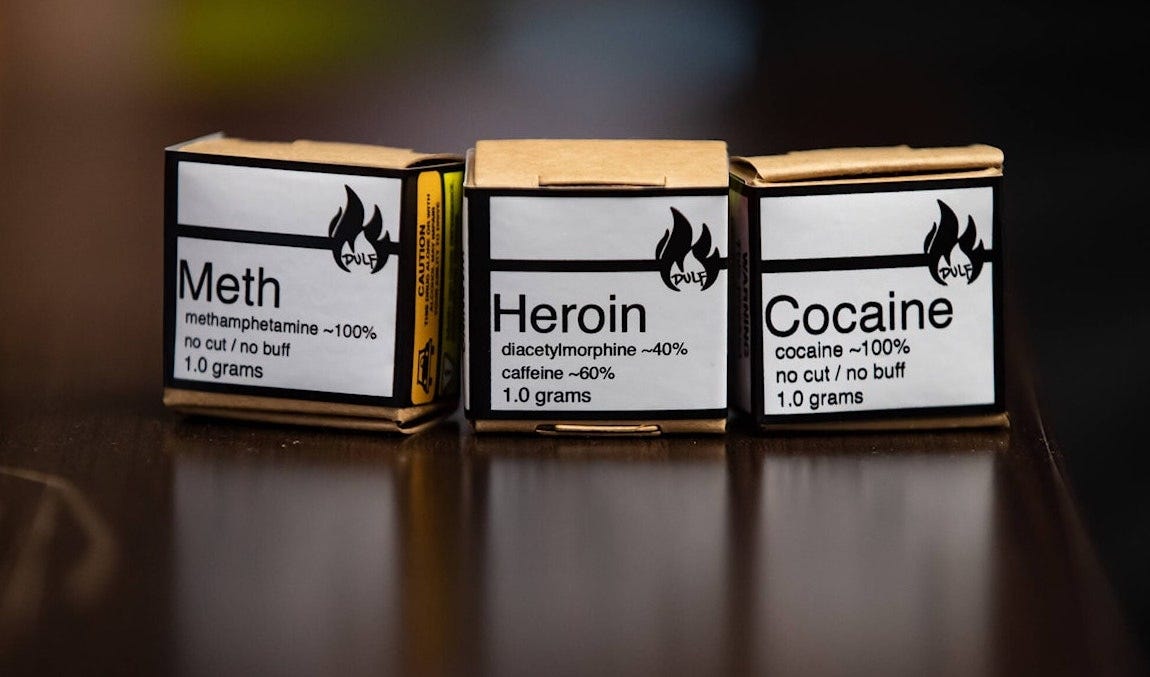

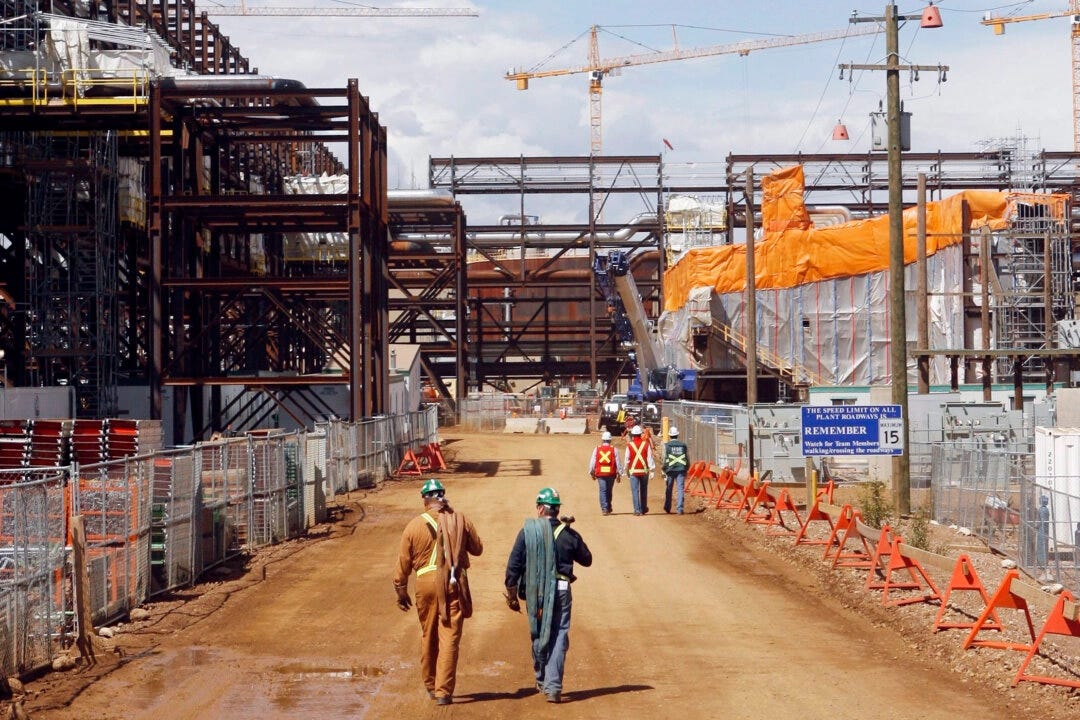

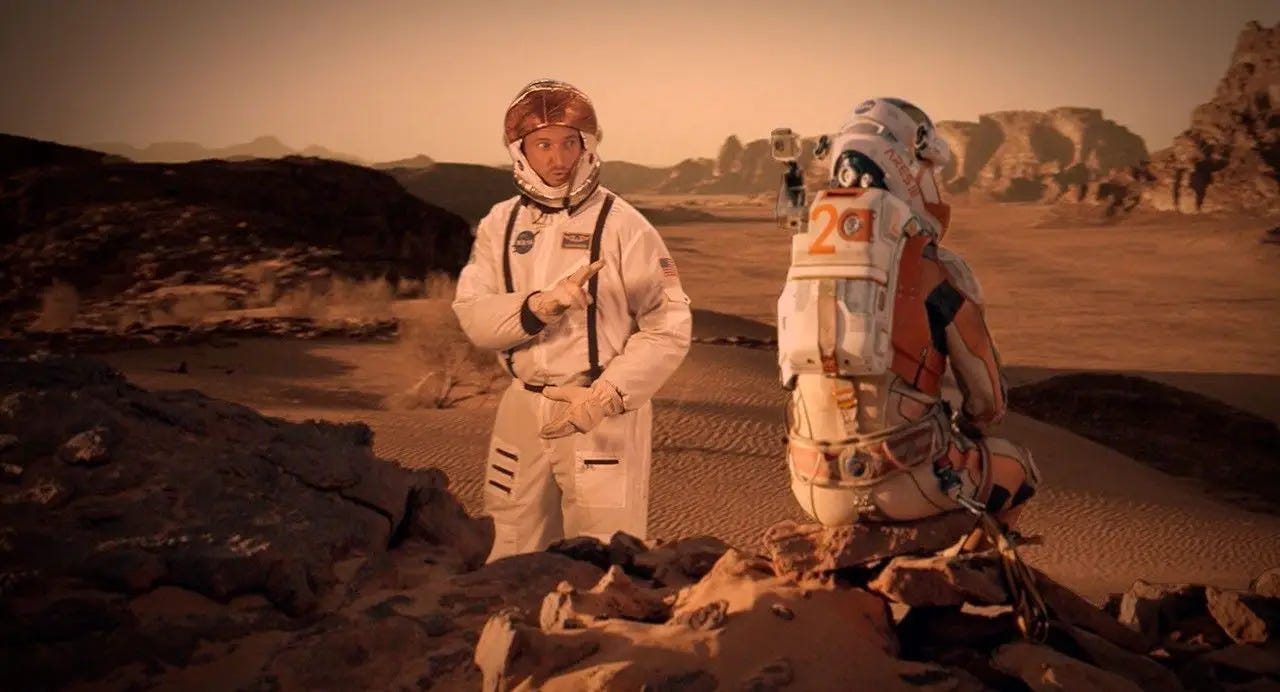

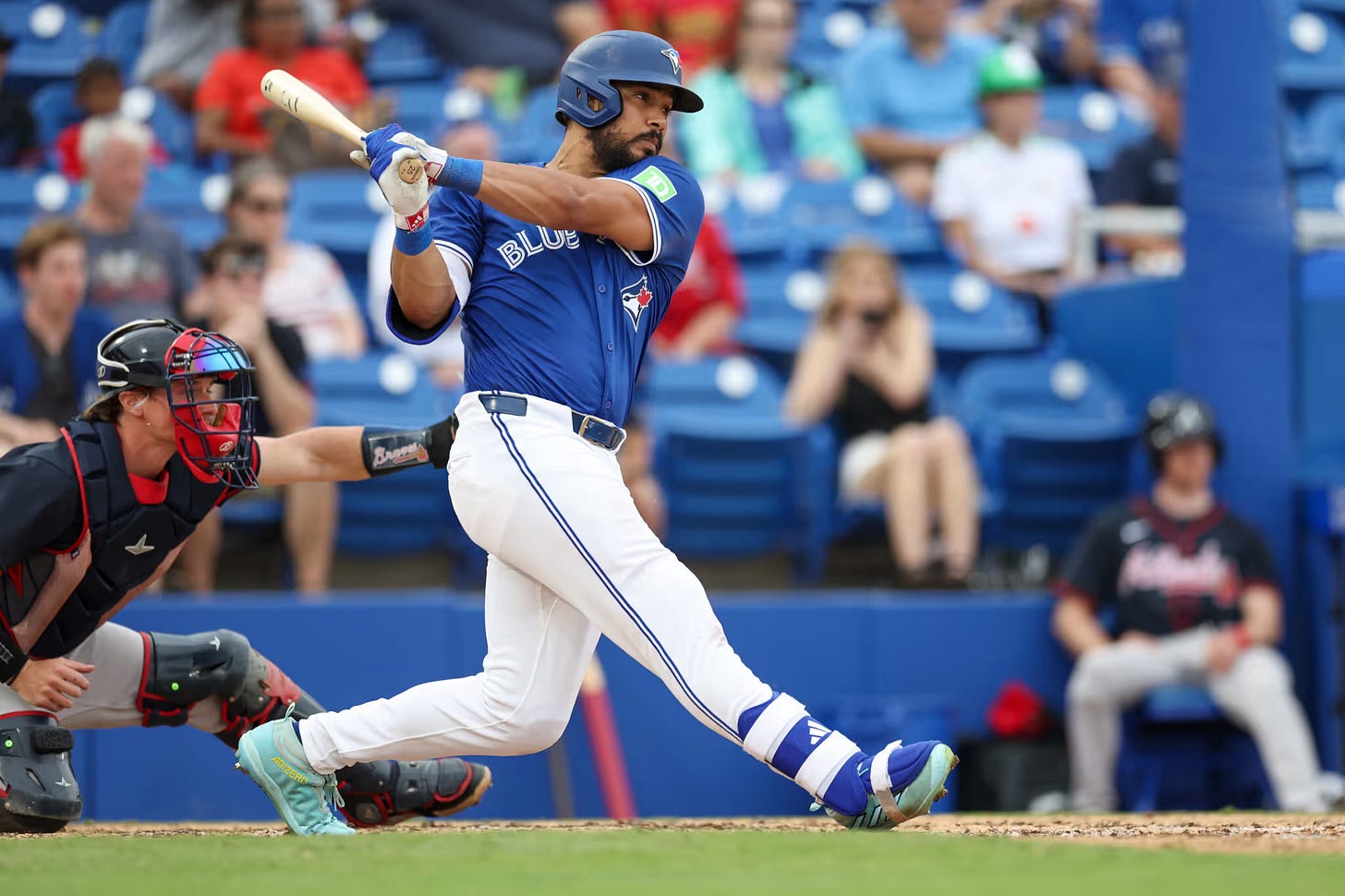

And that statement pretty much describes the people that will robotically vote for Cornhole Carney.